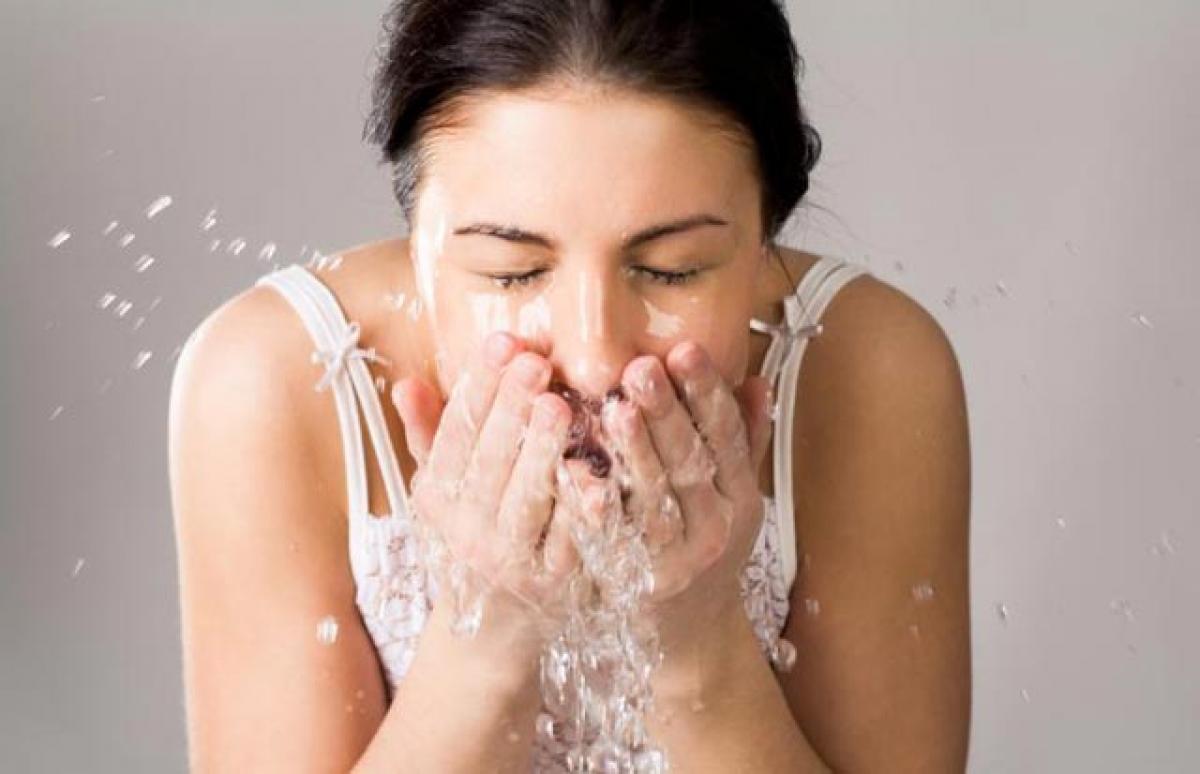Make your skin monsoon-ready

Dermatologist at Sir Ganga Ram Hospital in New Delhi Rohit Batra said, \"Make sure that the water is not very hot as it can further damage facial skin and, especially if you are prone to redness, the hot water can weaken capillaries, making redness worse.\"
After the scorching heat of summer sun, the monsoon comes as a welcome relief. But what about all kinds of dermatological infections that lead to skin problems like pimples, rashes and dull skin due to the sudden change in the weather? Take bath with only lukewarm water and use anti-fungal creams to combat fungal infection, says an expert.
Dermatologist at Sir Ganga Ram Hospital in New Delhi Rohit Batra said, "Make sure that the water is not very hot as it can further damage facial skin and, especially if you are prone to redness, the hot water can weaken capillaries, making redness worse."
Common fungal infections caused during hot, humid and wet weather are Athlete's foot and itching caused due to wet clothing, he shared. Another common skin infection, he pointed out, is caused by Tinea Fungus which results in red or brown patches on the skin. It is usually caused by changes in temperature and exposure to humidity.
"And it's important to consult a dermatologist because it is a communicable disease and can spread by touching, using infected towels and clothes and may spread to larger areas of the body, after which treatment becomes difficult," he said. Also, using anti-bacterial and anti-fungal soaps, face washes and talcum powders to keep your skin dry will help you get rid of infection.
In such weather when humidity is at its peak, your skin behaves in an unpredictable manner and fluctuates from oily and dry skin types. Therefore, daily good skin care regime with a well balanced diet and exercise routine are essential.
Here are a few tips:
* Use only light moisturiser after bath. Cleansing is very important, but make sure to use water-based products. The skin should be cleansed three to four times a day with a non-soapy face wash, as the sebaceous glands, responsible for oil secretion become hyperactive. Oil and sweat get deposited on the surface of the pores and trap dirt and bacteria, giving rise to blackheads, whiteheads, breakouts and sometimes painful pimples.
People with oily skin should be more cautious. Most importantly, you should avoid using packet wipes. Such inadequate cleansing can further lead to bacteria build-up and skin breakouts.
* For people with dry skin, dryness during the weather change and in monsoon is a result of lack of vitamins that help in repairing dry and damaged skin. It also means that the skin isn't properly hydrated as a result of which it looks and feels dry. And to top it all, the condition becomes worse with the onset of monsoon. Drink at least seven to eight glasses of water a day to maintain hydration levels as the skin loses a lot of water due to sweating.
* Always make sure to protect your skin from the sun. It is highly important to guard it from the sun's harmful UV rays, so always use a good sunscreen with a high SPF.
* If oil clogs up your pores, giving you acne, change your skin care products! Look for a face wash that contains salicylic acid but also balances your skin's pH.
* Children often contract bacterial infections like pyoderma and impetigo due to the moisture laden climate. Humidity is not very friendly to the scalp as well causing hair fall, dandruff and limpness.

